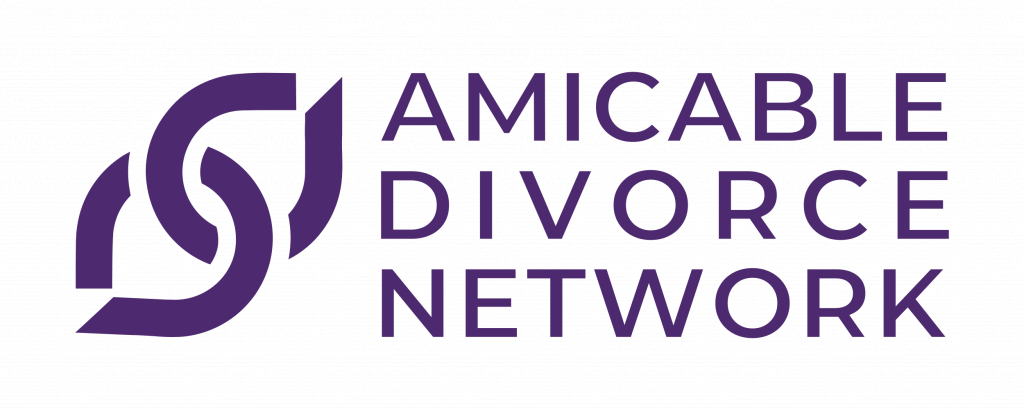Coaching for Amicably Divorcing Couples: Strategies for Maintaining Wellness and Balance
In today’s evolving landscape of marital dissolution, the trend of amicable divorces is on the rise. Couples are increasingly seeking separation pathways that prioritize mutual respect, understanding, and minimal conflict. While this approach offers numerous benefits—both emotionally and financially—it can still be challenging. Communication hurdles, boundary issues, and societal perceptions are just a few of the complexities these couples often encounter.
Enter the realm of divorce coaching: a profession that has swiftly moved to the forefront in response to this shift. Divorce coaches, distinct in their expertise and approach, play an indispensable role in guiding couples through the intricacies of amicable separations. Their goal is to ensure that both parties transition into their post-marriage lives with wellness, balance, and a renewed sense of individual purpose.
The Evolving Role of Divorce Coaching in Amicable Separations
Divorce coaching, while intersecting with various therapeutic modalities, stands apart in its objective-driven, future-focused approach. While traditional therapy often delves into deep-rooted personal issues, exploring past traumas and emotional patterns, divorce coaching centers around the present circumstances and the path ahead. It is about equipping individuals with the skills, strategies, and perspectives they need to navigate the specific challenges of an amicable divorce.
The very nature of an amicable separation, with its emphasis on cooperation and mutual understanding, demands specialized expertise. Generic advice or a one-size-fits-all approach is often insufficient. Couples seeking to separate amicably are often already committed to minimizing conflict, preserving a constructive relationship for the sake of children or shared responsibilities, and ensuring fairness in the division of assets. In these scenarios, a divorce coach is not just a guide but a vital partner in the process.
Key Coaching Strategies for Amicably Divorcing Couples
Divorce coaches are instrumental in guiding couples through this transformative phase, ensuring that they emerge with a sense of balance and wellness. By employing specialized strategies tailored to the unique needs of amicably separating couples, coaches can help mitigate potential hurdles and foster a supportive transition.
Here are some of the pivotal divorce coaching strategies to help ensure an amicable separation:
Facilitating Open Communication
The cornerstone of any successful amicable divorce is open and honest communication. For couples to maintain a constructive dialogue, it is crucial to create an environment where both parties feel heard and understood. Coaches use active listening exercises to teach couples how to engage without becoming defensive or dismissive. This approach emphasizes empathy, honesty, and clarity, allowing couples to express concerns or grievances without triggering conflict. Additionally, mediation skills, even for minor disputes, can play a crucial role. These skills guide couples in reaching mutual agreements, ensuring that their divorce remains truly amicable.
Boundary Setting Techniques
As couples transition from marital partners to individuals, it is essential to define new boundaries. Coaches guide couples in recognizing the importance of personal spaces, ensuring they can interact without infringing on each other’s autonomy. Techniques might include role-playing scenarios or drafting ‘boundary agreements’. Furthermore, empowering individuals within the couple to voice and maintain their boundaries is crucial. This not only preserves their individuality but also prevents potential resentments from building.
Emphasizing Self-Care and Emotional Well-being
Divorce, even when amicable, can be a significant source of stress. Coaches provide tools and exercises tailored to aid clients in managing their emotions during this tumultuous time. Techniques like guided meditation, journaling, or even simple breathing exercises can be incredibly beneficial. Beyond this, coaches emphasize the importance of self-care routines post-divorce. This might involve setting aside time for hobbies, reconnecting with oneself, or even joining support groups to share experiences and coping mechanisms.
Addressing External Influences
Societal perceptions and expectations can often weigh heavily on individuals going through a divorce. Divorce coaches help clients navigate these external pressures, teaching them techniques to handle unsolicited advice or judgments. Role-playing can be particularly useful here, allowing clients to practice responses to potential scenarios involving extended family or mutual friends. By anticipating these situations, clients can approach them with confidence and grace.
Visualizing and Planning for the Post-Divorce Phase
While the immediate focus may be on the divorce process, it is essential to consider life afterward. Coaches introduce exercises that help clients envision their futures, apart from their former partners. This might involve creating vision boards, setting short-term and long-term goals, or even drafting five-year plans. By guiding clients in visualizing their post-divorce lives, coaches ensure that they not only cope with the present but thrive in the future.
Leveraging the Amicable Divorce Network in Your Coaching Practice
In the realm of divorce coaching, particularly where amicable separations are the goal, it is highly beneficial to network with other professionals. The complexities of guiding couples through such a significant transition require a holistic approach, melding together different expertise and perspectives. This is where being part of a professional organization becomes invaluable.
Organizations like the Amicable Divorce Network (ADN) can significantly elevate a divorce coach’s practice. Beyond the immediate access to a vast reservoir of shared knowledge, there are tangible benefits. These might include opportunities for continued professional development, referrals, and even collaborations on specific cases that require a multifaceted approach.
If you are a divorce coach and you are looking to expand your practice, consider joining the Amicable Divorce Network. By networking with like-minded professionals, you can ensure that your coaching practice not only flourishes but also makes a meaningful impact in the lives of those navigating the complexities of divorce.
